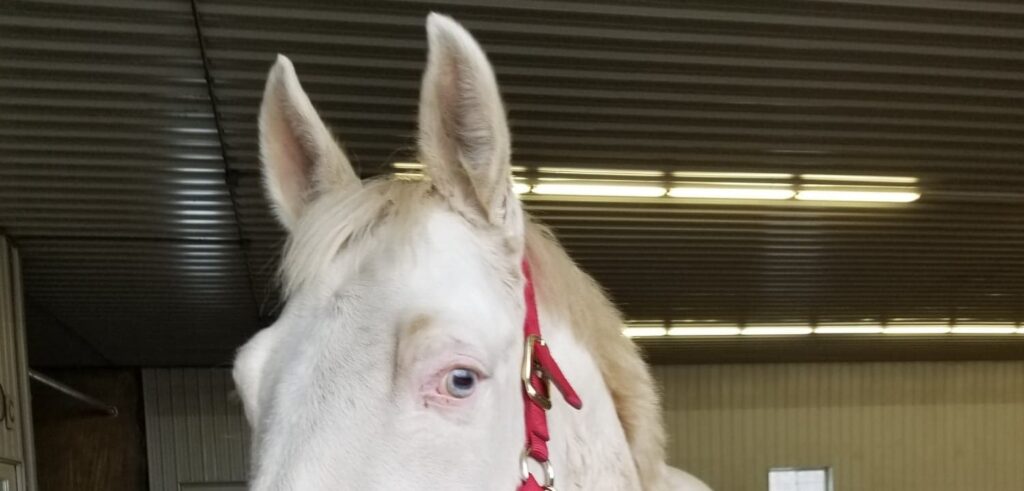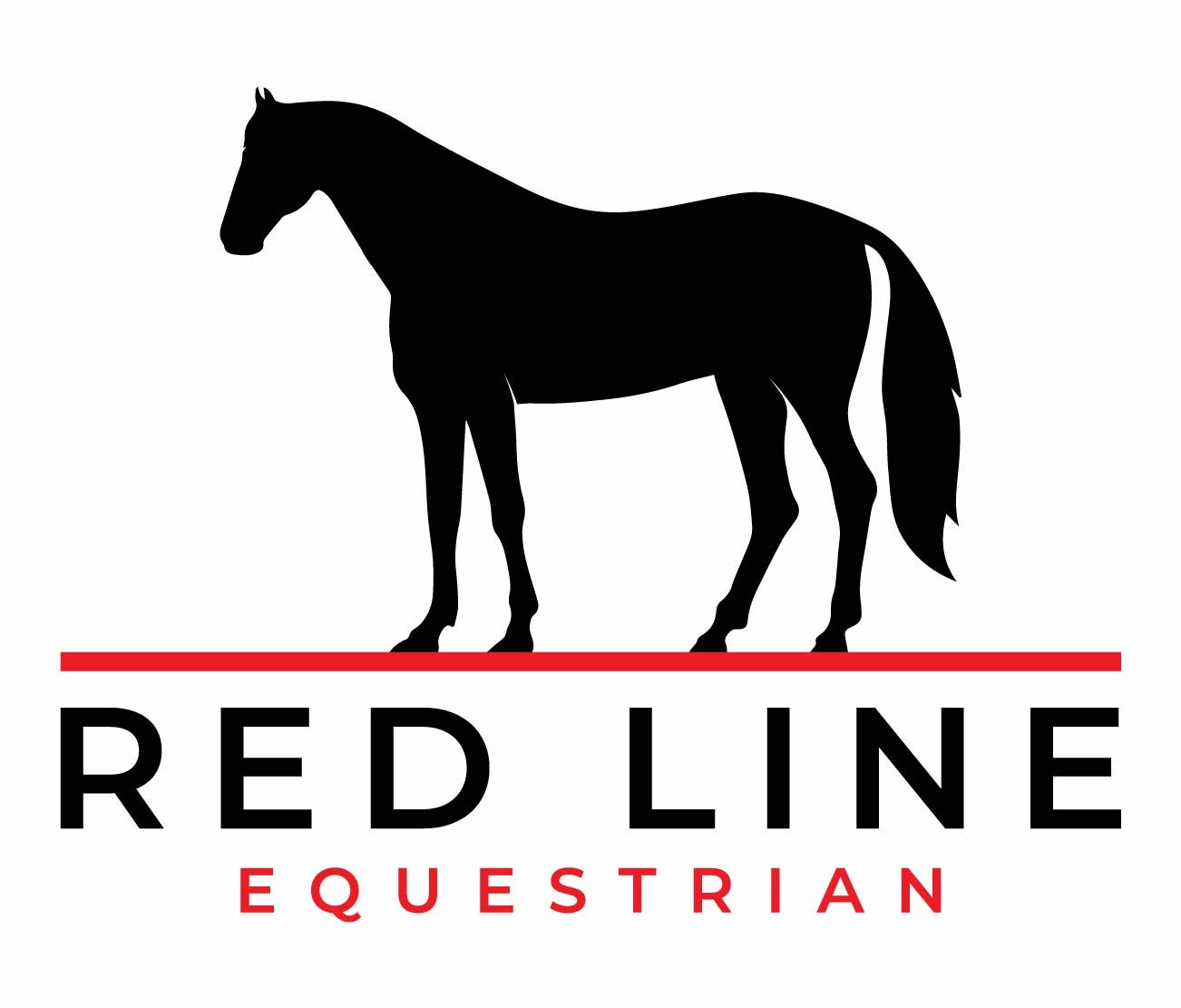
When the emergency happens you don’t want to be worrying about the small things. Having a plan in place allows you to focus on your horse and getting them the care they need.
- Know your Horse
Every horse is unique, and just like us they all have their own normal. It is important to have a baseline on your horse so you know when something is off, even if it isn’t off by very much. Early intervention can make a huge difference with these sensitive animals. Examine your horse at the same time every day and make note of normal temperature, heart rate and breaths per minute. This is important information to be able to compare to in an emergency. Doing this also gets your horse used to having a basic physical exam so that you aren’t adding to nerves and anxious energy when he isn’t feeling well. - Have a Plan
Where is your closest vet and how do you get there? What other vet options will you possibly need? If you horse needs surgery, do you know where to go? Put together a list of locations, addresses, phone numbers, and what each clinic specializes in. Make sure you have phone numbers that will work during and after regular office hours, and know what questions they are going to ask so you have all the information ready when you call.
You also need to know how you are going to get your horse there. Will the vet come out or do you need to haul? If you don’t have your own trailer, do you know who you can call to haul your horse, or have a truck and trailer you can borrow? Have those names and phone numbers written down too, and always have more than one option available. - Know your Rig
You may haul your own trailer regularly, but do you know how every aspect of it works? Are you able to remove your dividers and fold down your back tack. If you are, make sure everything is greased and working appropriately so you can easily and quickly do this if your horse needs to lay down in the trailer. Keeping your trailer always ready to go is also important, make it part of your routine to clean and prep your trailer after every haul so it is ready for your next trip.
If you don’t have your own trailer, but have access to one you can borrow it is just as important to know how that trailer works for the very same reason. Practice hooking it up, driving the truck you can borrow, and pulling the trailer empty. Load your horse in it a few times so nothing is a shock or surprise when you need to do things in a hurry. - Be financially ready
Emergencies happen, and they are never cheap. You may have budgeted for it, or you may have insurance. It is important to be aware that with equine insurance you have to pay the amount up front and then be reimbursed by your insurance company. Therefore, you will need to have a credit card available with a high enough limit to cover surgery. Colic surgery can easily run $10-15,000, so having a limit of at least $15,000 will mean you can authorize a surgery on short notice. With insurance, have the numbers written down and ready to go as some will require pre-authorization in order for you to be covered. Read your policy carefully so you are aware of your limits. - Have a basic emergency kit
There is nothing worse than needing something and not having it. Work with your trainer, barn owner, or veterinarian to put together a basic emergency kit so you have the necessities on hand, and learn how to use them. Vet wrap, bandages, Banamine, Bute, sedation, needles, among other things are all important items to have on hand, and some require a prescription. - Have everything in one place
Have a binder put together for every horse with all its vet records, Coggins paperwork, insurance policy, and all the contact information you might need. Keep the binder in your trailer, or if you don’t have a trailer, in a box that you can easily grab and put in any trailer you are transporting your horse in. - Learn the skills you might need
In a stressful situation you don’t want to be trying to do something you haven’t done before, be it loading a horse, wrapping a wound, or giving an injection. Take the time to learn these things in advance. Attend a basic equine first aid course, or schedule a lesson with a local trainer, or your vet. Valuable skills include pressure wrapping wounds, twitching, giving IM shots, trailer loading, treating eyes, and giving oral medications.
